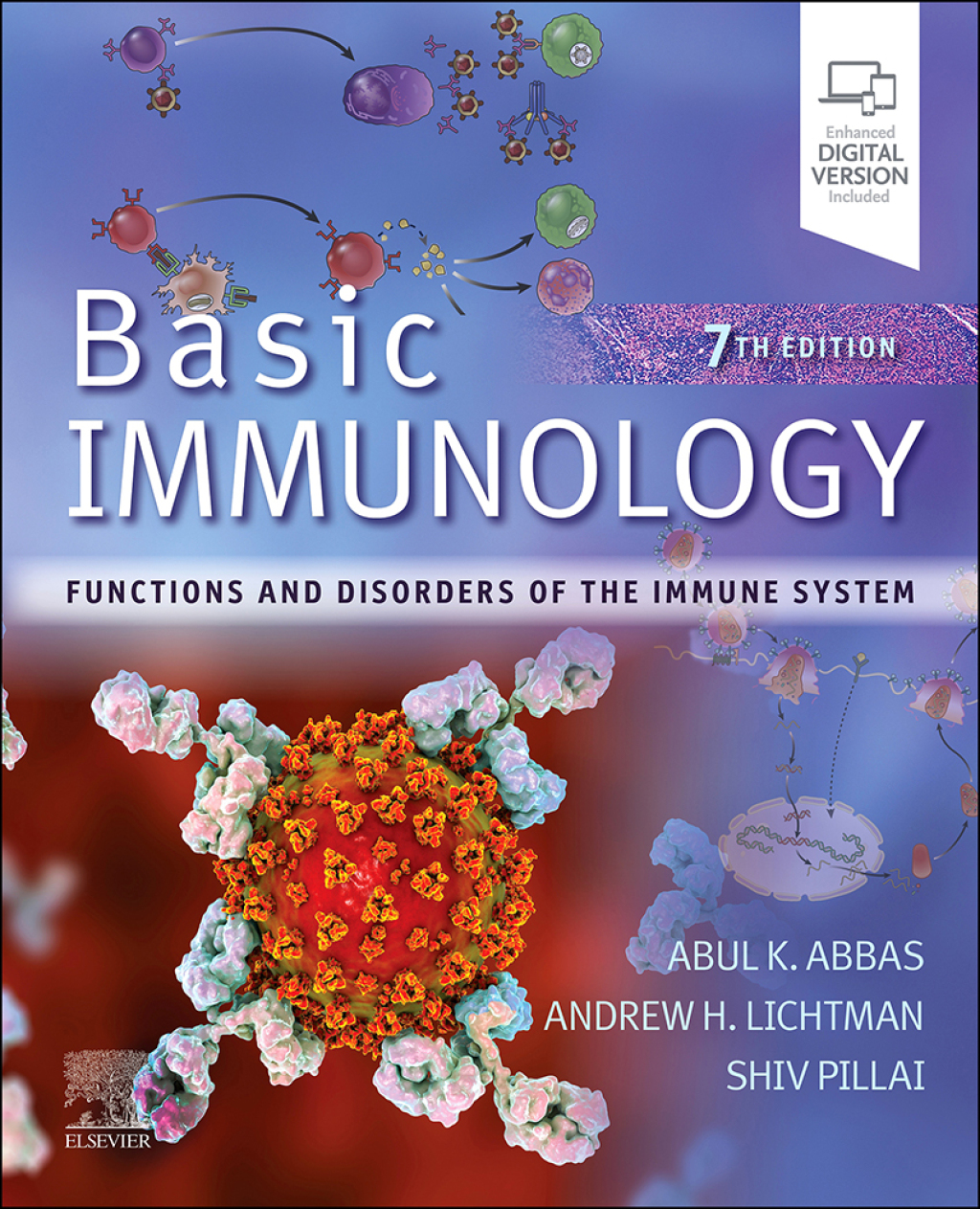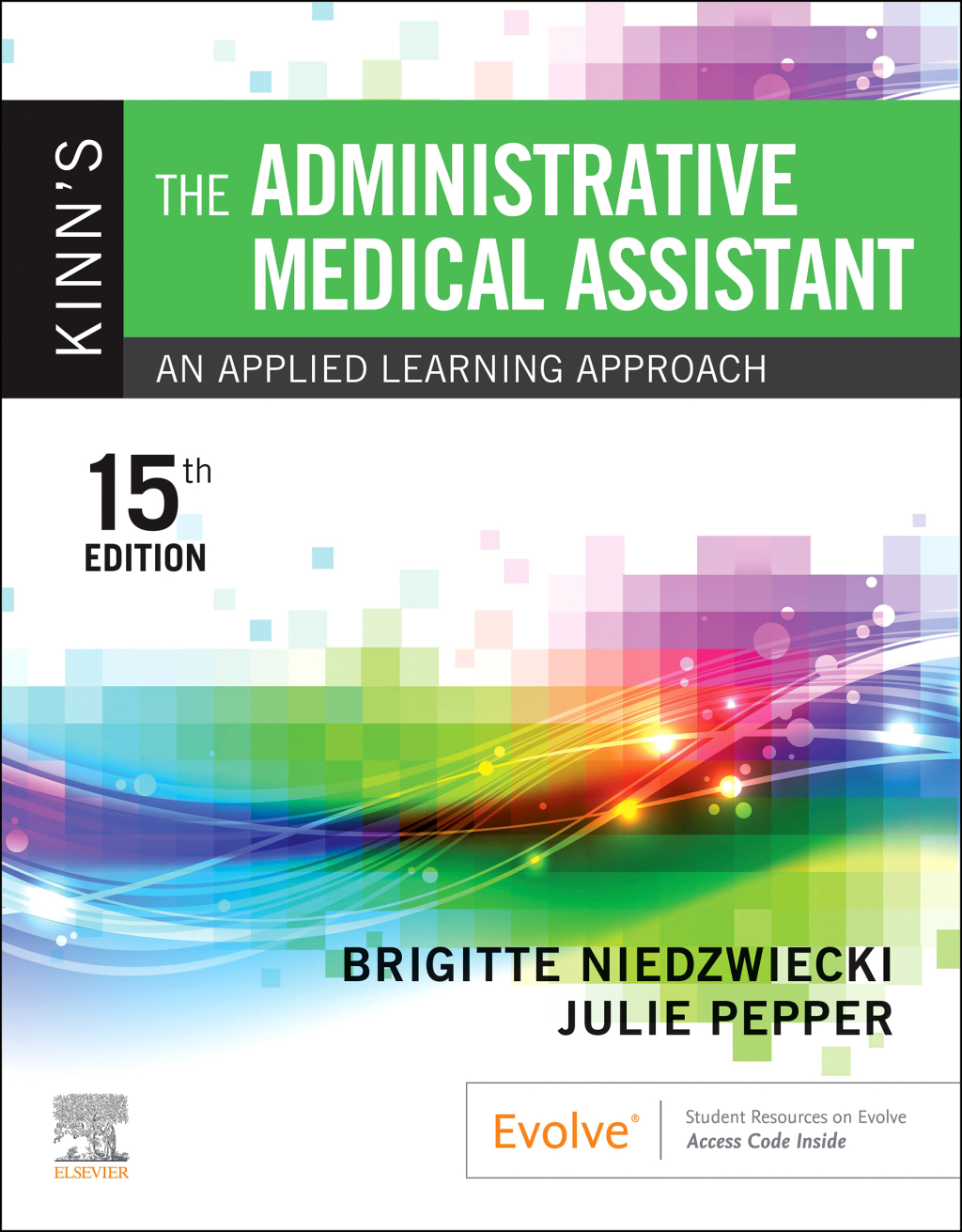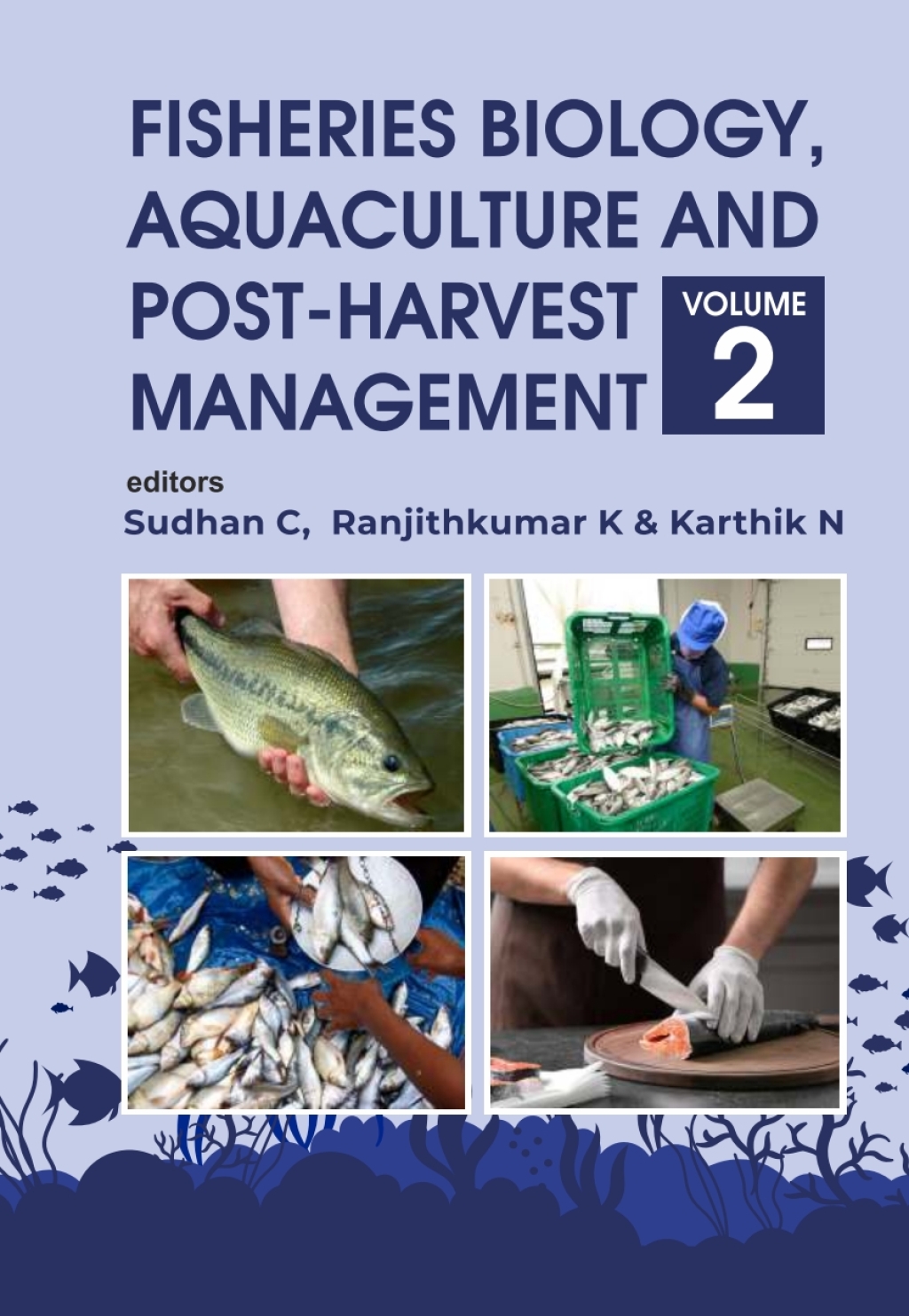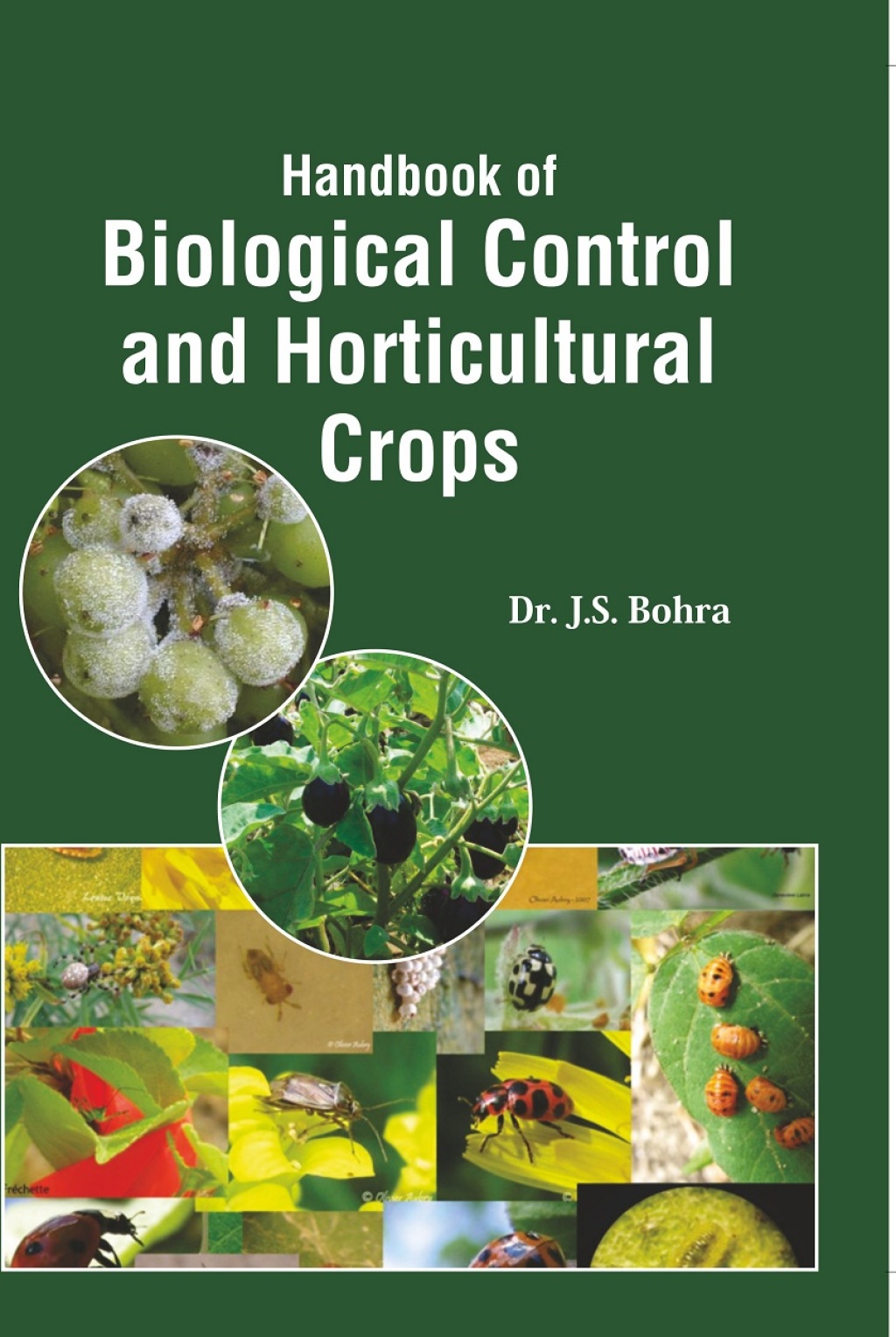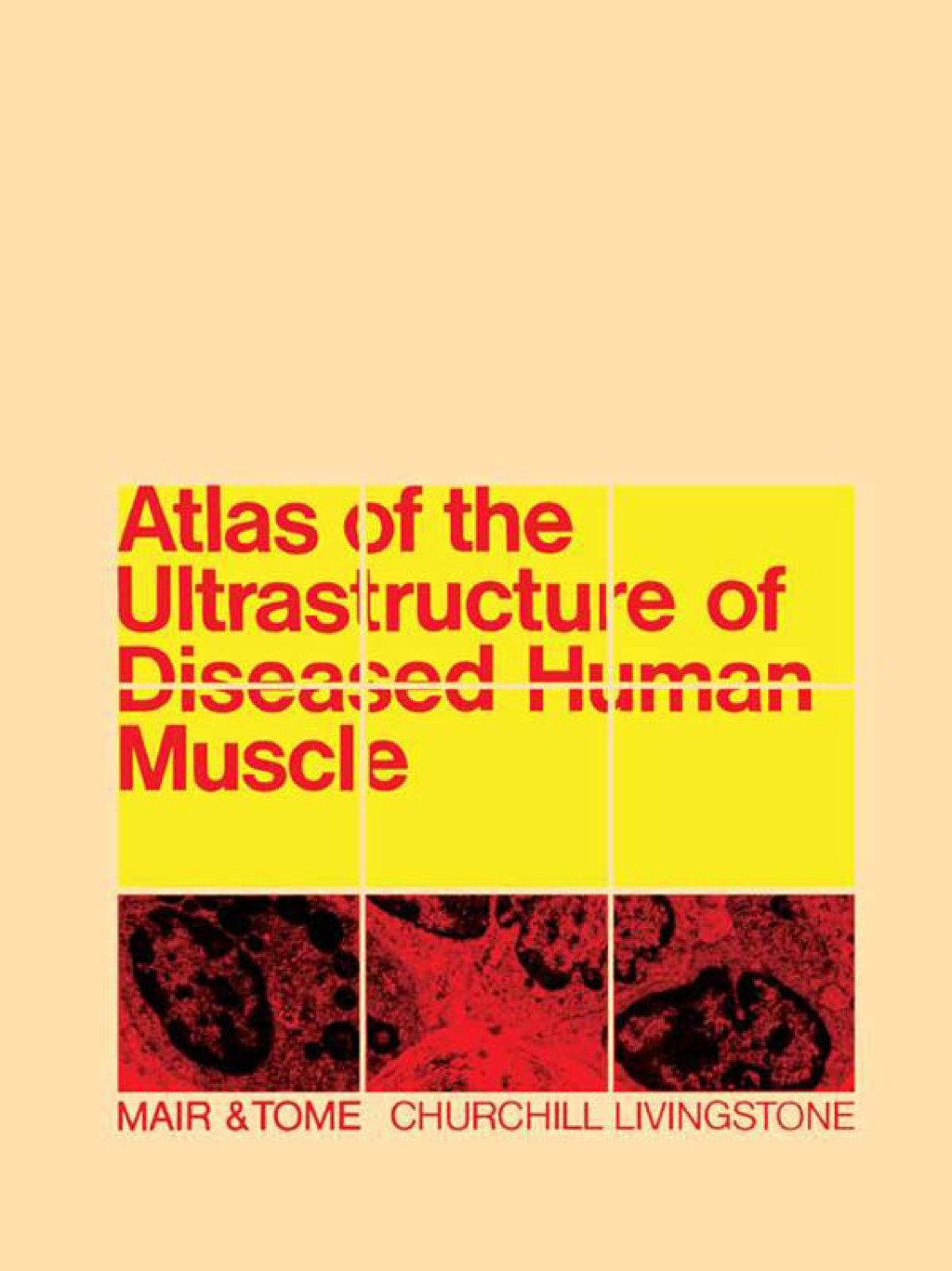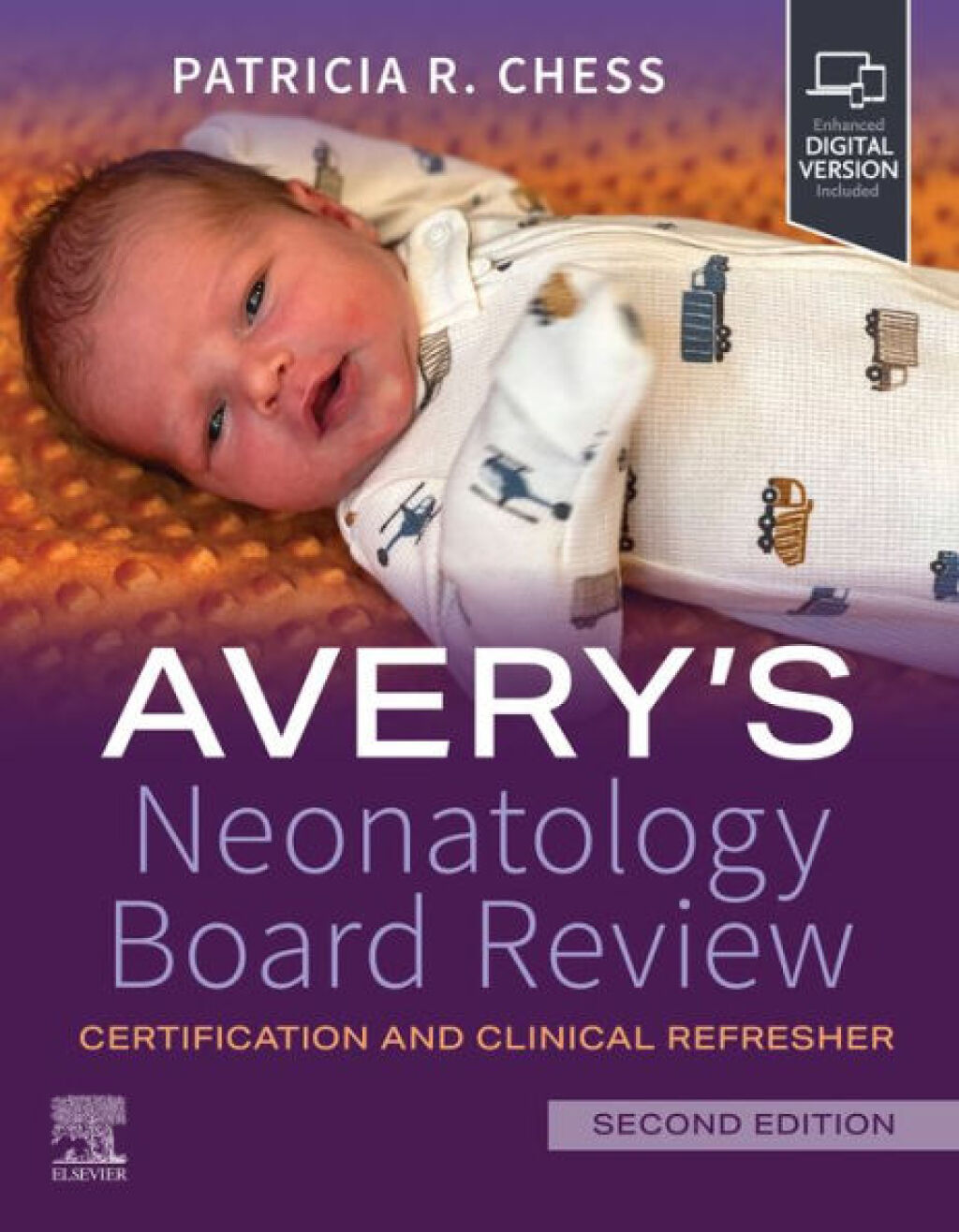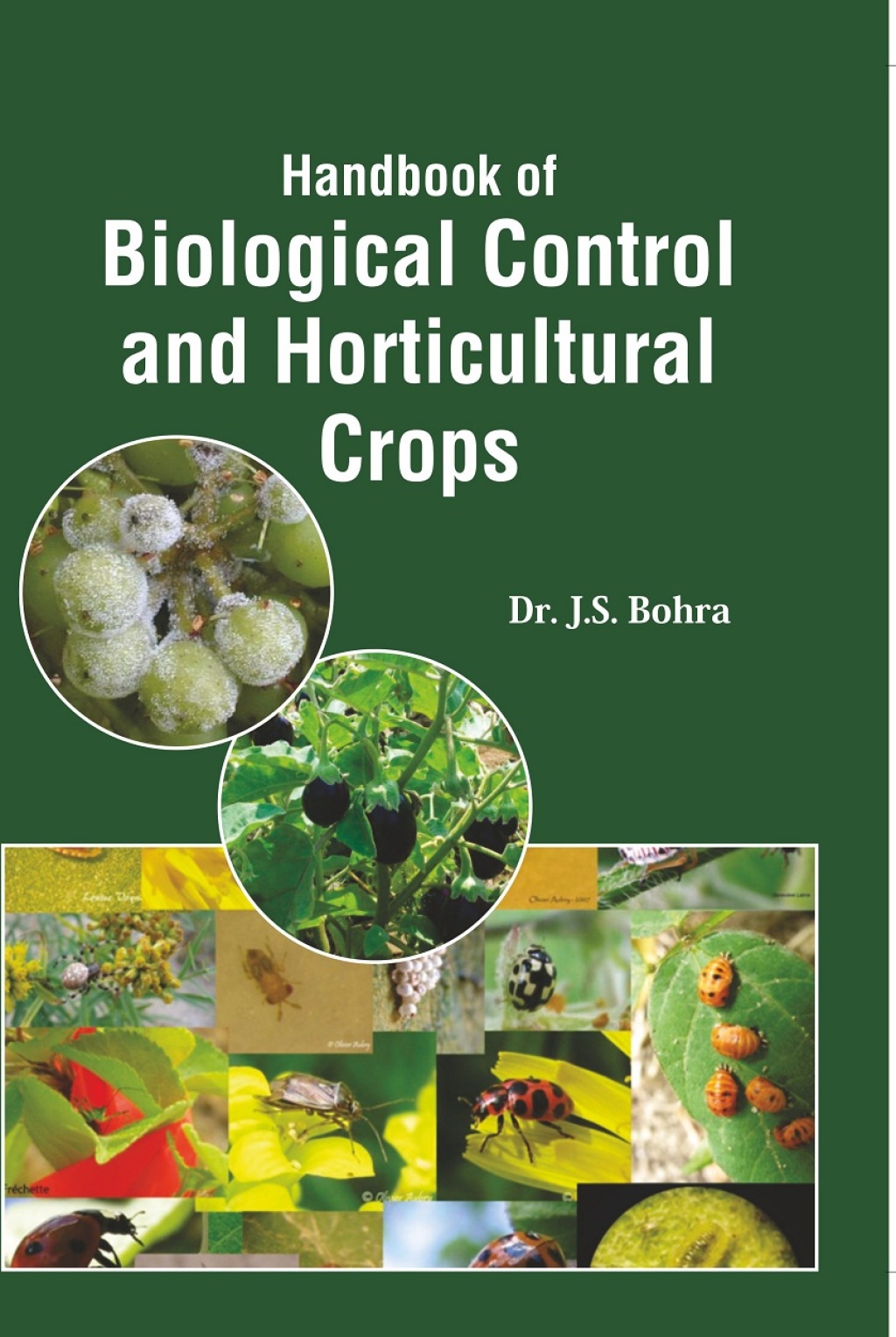While it is unlikely that biological control will completely replace chemical pesticides in the foreseeable future, we can expect that there will be some decline in the use of chemicals, particularly in developed countries. Thus far, most approaches have involved the single antagonist concept, although a biological systems approach, where disease is suppressed from several angles, might provide a better alternative. Similarly, the use of biological control agents could be used as one component of an integrated management program to achieve the best possible results. The future of biological control is promising, but this tactic will constitute just one of many pest management options. Many obstacles will need to be overcome before biological control can reach its full potential. Traditionally, educational and extension efforts have not provided growers with the necessary information to help identify natural enemies or determine their presence in fields. Therefore this book is an earnest effort to collect relevant information related to biomanagement of nematodes that should be accessible to bio-practitioners, agriculture scientists, botanists etc.
Handbook Of Biological Control And Horticultural Crops
Author(s): J. S. Bohra
Publisher: Agrotech Press
ISBN: 9789384568559
Edition:
$39,99
Delivery: This can be downloaded Immediately after purchasing.
Version: Only PDF Version.
Compatible Devices: Can be read on any device (Kindle, NOOK, Android/IOS devices, Windows, MAC)
Quality: High Quality. No missing contents. Printable
Recommended Software: Check here
Important: No Access Code
Description
Related products
Handbook Of Biological Control And Horticultural Crops
Author(s): J. S. Bohra
Publisher: Agrotech Press
ISBN: 9789356860582
Edition:
$39,99
Delivery: This can be downloaded Immediately after purchasing.
Version: Only PDF Version.
Compatible Devices: Can be read on any device (Kindle, NOOK, Android/IOS devices, Windows, MAC)
Quality: High Quality. No missing contents. Printable
Recommended Software: Check here
Important: No Access Code
Description
Though it is evident that biological control programmes have been successfully implemented in a wide range of crop environments in all parts of the world, and the potential to increase the role of biological control is great, it remains the case that the adoption and implementation of this method of control is slow. Owing to technical and economic, but mainly attitudinal barriers, ecologically sound pest management has not been used for a wide variety of pests and diseases. Although the funding for research on biological control is limited, it is certain that the main constraints are related to the attitudes of advisory personnel and farmers, combined with the disinterest in anything other than chemical control among the pesticide industries, and the hollow endorsement of alternative methods made by policy makers in which words are yet to be matched by a realistic investment in research and development. However, it is certain that future pest management will depend strongly on biological control because it is the most sustainable, cheapest and environmentally safest system of pest management, with additional benefits for growers and consumers.
Related products
Handbook Of Biological Control And Horticultural Crops
Author(s): J. S. Bohra
Publisher: Agrotech Press
ISBN: 9789356860599
Edition:
$39,99
Delivery: This can be downloaded Immediately after purchasing.
Version: Only PDF Version.
Compatible Devices: Can be read on any device (Kindle, NOOK, Android/IOS devices, Windows, MAC)
Quality: High Quality. No missing contents. Printable
Recommended Software: Check here
Important: No Access Code
Description
Though it is evident that biological control programmes have been successfully implemented in a wide range of crop environments in all parts of the world, and the potential to increase the role of biological control is great, it remains the case that the adoption and implementation of this method of control is slow. Owing to technical and economic, but mainly attitudinal barriers, ecologically sound pest management has not been used for a wide variety of pests and diseases. Although the funding for research on biological control is limited, it is certain that the main constraints are related to the attitudes of advisory personnel and farmers, combined with the disinterest in anything other than chemical control among the pesticide industries, and the hollow endorsement of alternative methods made by policy makers in which words are yet to be matched by a realistic investment in research and development. However, it is certain that future pest management will depend strongly on biological control because it is the most sustainable, cheapest and environmentally safest system of pest management, with additional benefits for growers and consumers.




